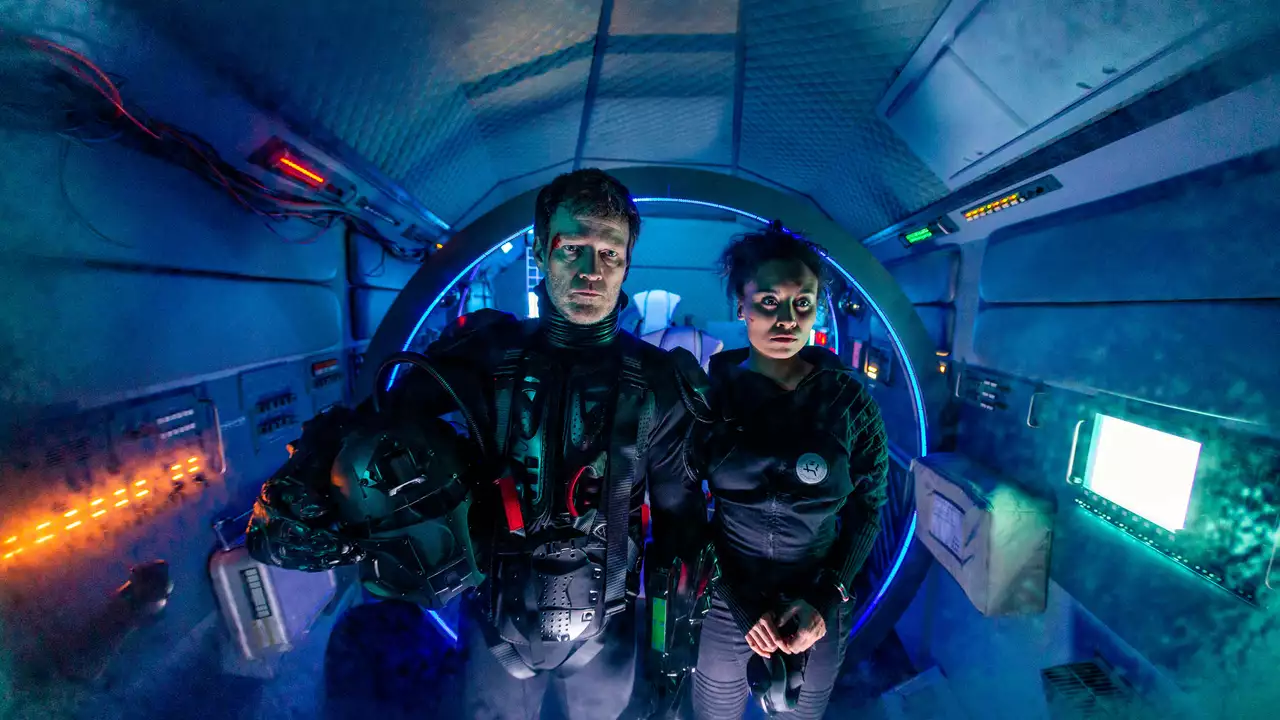Combing Through the Annals of Time
Sci-fi movies take us on an exhilarating ride, projecting us decades, centuries or even millennia into the future. It's a genre that has consistently pushed the limits of our imagination. But before delving into the monumental task of figuring out which of these cinematic gems is set furthest into the future, I think we first need to get our bearings in the temporal maelstrom that is science fiction. So let's dip our toes, shall we?
The Event Horizons of Movie Future
If you've ever tried pinning a definitive timeline onto sci-fi flicks, then you know it can be a Sisyphean task. Timelines in these movies are as fluid as Mercury in a T-1000's hand, often spanning multiple eras, dimensions, and even realities. However, we can make sense of this timey-wimeyness by creating some broad temporal categories. If we consider films like "Blade Runner" and "Minority Report", they are set in what could be called the 'near future', happening a few decades from now. Then we have movies like "Star Trek" and "Dune" that transport us centuries ahead, while "Star Wars" takes us 'a long time ago in a galaxy far, far away', effectively throwing any semblance of a timeline out the window. However, to answer our million-dollar question, we need to venture much further than that, into the realm of the 'far, far future'.
A few years ago, while having a coffee debate with a fellow sci-fi fanatic, we started discussing our favorite movies' timelines. That's when the idea of writing this article first germinated in my mind. Fast forward to the present, and here I am, crunching numbers and alien years to bring you the answer to the eternal question, 'which sci-fi movie is set farthest in the future?'
Deciphering Future Years
Let's not complicate our quest by considering movies set in different dimensions or alternate realities. So, we're essentially looking for movies set in a future so distant that it's almost unimaginable. Of course, not all movies are as charitable as Star Trek, giving us a handy stardate for reference. Some flicks like to play hard-to-get and require a modicum of detective work to unearth their placement in time. It's then that we have to rely on throwaway dialogue lines, novelisations, or the printed word from official sources. And mention must be made of the 'interstellar conversion factor', a technique filmmakers often use to fast-forward to futures that span many thousands or even millions of years.
The Truly Far Out Reaches
Movies like H.G. Wells' "The Time Machine" and its adaptations propel us to some seriously far-off futures. In the 1960s version, protagonist George ends up in the year 802,701 AD, and that's pretty darn distant. The 2002 reincarnation sees a similar distant future of 802,701. But, hold your hover boards pals, we're not done just yet. The 1979 Disney film "The Black Hole" reputedly occurs in the year 2,134,191! Does this make it the champion of far-off futures? Well, not quite.
Drum roll please... the status of the film set furthest in the future has to go to "The Planet of the Apes". No, not the 1968 original, but the timewarp-splattered 2001 reboot. In that movie, Mark Wahlberg's Leo Davidson ends up on Earth in the year...10,000,000 AD! It does involve some convoluted time traveling and celestial mechanics, but it still stands at the edge of an unfathomable future.
Our Leaps in Interpretation
Sometimes, filmmakers don't provide clear timelines, leaving us to our own devices when it comes to working out the chronology. Take "2001: A Space Odyssey", for example, which appears to skip between different epochs. The super-evolved beings dwelling in a time beyond infinity at the end of the film could arguably represent a future further than our current record holder. Still, the certainty of that interpretation is caught in a causality loop, and my head starts to feel like a stretched rubber band when I think about it too hard.
Sci-fi, Context, and Subtext
Writing aside, a significant element of sci-fi is the commentary on the human condition and our future as a species. Yes, these movies entertain us with spacefaring adventurers, time-travelers, and artificially intelligent robots. But they also speak volumes about our relationship with technology, each other, and the universe. So while they may be set far into the future or in galaxies far away, they usually reflect our current hopes, fears, and dilemmas. They are not so much predictions of the future but critiques and analyses of the present.
Final (Stardate) Log
So, is 10 million AD the final answer to our original question? Probably. And does it matter? Not really. For whether they're set ten years or ten million years into the future, all these movies are ultimately about us, here and now. They may be full of shiny lights and impossible physics, but their essences are always riveted to the human condition. And although I've had a blast pondering over timelines and years, the real charm of sci-fi lies beyond the realms of time, where it forever fuels our curiosity and broadens our horizons.

